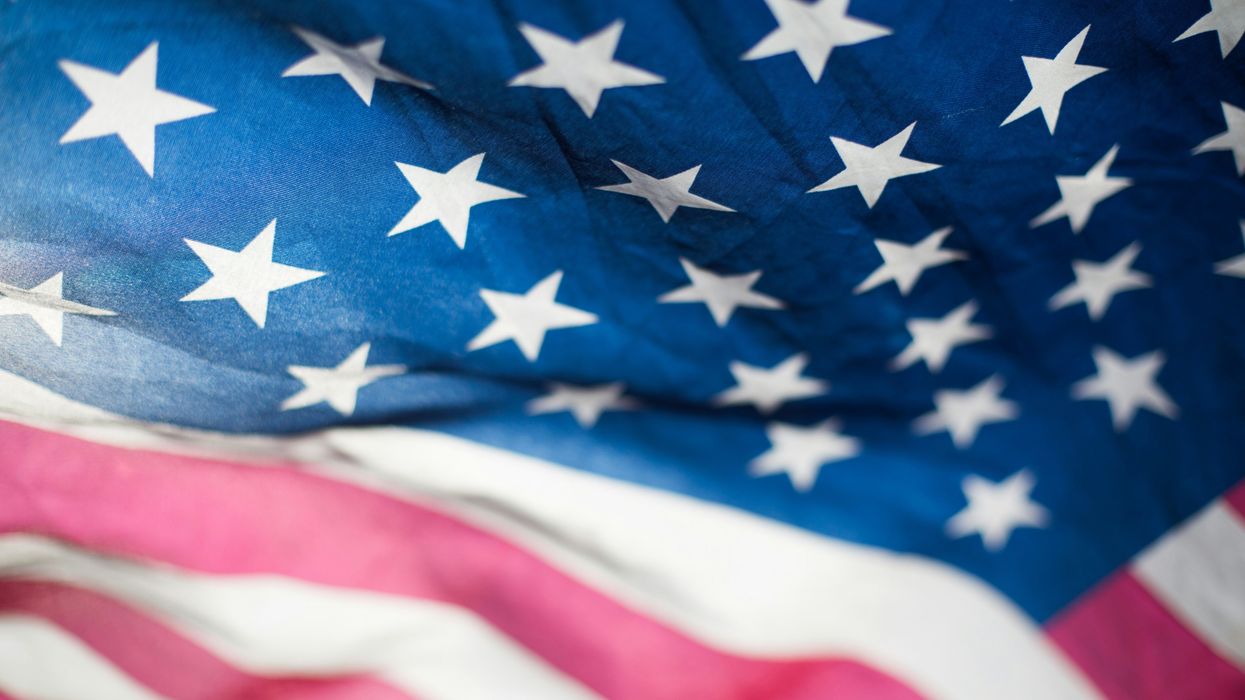Undeniably, the U.S. body politic is in crisis today and has likely been unraveling for more than a decade. The rancorous polarization best exemplified by the demonization of MAGA on one side, and the elite establishment on the other, has become a daily preoccupation in many circles. True, there is undoubtedly a large group of Americans in a broadly defined center whose voices get drowned out by the extremes who scream the loudest. Yet despite this caveat, we are arguably witnessing the most ominous threat we’ve faced since the Civil War tore us asunder more than 150 years ago.
Much scrutiny focuses on the political, economic, and social aspects of the schism, all of which are important and in play. However, I would venture to guess that at its core, the disunion lies in the clashing concepts of what being an American signifies, and further, how these concepts have collided over the course of three centuries. While often not debated forthrightly, the battle can be distilled down to two conflicting views on the fundamental question of what constitutes being an American.
On the one hand, what one might call the Progressive View maintains that being American is about the specific ideals anchored in our nation’s founding creed: all men are created equal and hold an inalienable right to self-determination. Underlying it are the universal ethos and values of human dignity, which were reincarnated in the modern era during the 18th-century Enlightenment. In the following century, the great President who preserved the union stipulated our remaining imperative as a demand to live up to those ideals, and effectively rebirthed the nation. By doing so, he charted our agenda during the last century, when millions of Americans died in the noble cause of its defense.
While our country has been far from attaining those ideals, the progressive philosophy embraces the notion that our union is a work in progress. At the same time, imperfect and at times wholly derelict, each generation gets to build on its own definition of Americanism and strives to harness it to the best of its ability.
Juxtaposed to this view is what I might call the New Right View (ironically labeled since it is hardly new by any stretch of the imagination). This perspective focuses on historical continuity, arguing that Americanism is rooted in the values and traditions of the original Anglo-Saxon Protestant settlers. It highlights the importance of ancestral lineage and stability with the mores of past generations.
As a proponent of the former view, I admit to often having a visceral rejection of this latter one. In my quest to bridge the American Schism, however, I have come to understand that this competing view is based on a distinctive set of tenets that are quite valid in their own right. Founded more on continuity than on specific ideals, this interpretation recognizes that at the most fundamental level, the dominant characteristic of our species is one of loyalty, first to family and then to tribe, and ultimately to nations. As perhaps best described in Yoram Hazony’s latest work, The Virtue of Nationalism, allegiance and belonging are best regarded as concentric circles within which humans are born, mature, and ultimately become comfortable living and working. Our modern (and often quite sanctimonious) defense of self-determination cannot ignore the reality that our founders did represent a set of tribes that established a nation with a specific idea of who was to be included.
In summary, our present schism is best represented as a war between those who have embraced the notion of pluralism as a defining feature of our republic and those who reject it. What compounds the fuel in this fire is the dynamic interplay over time between these omnipresent yet incompatible views. Over the last few decades, as the “establishment” has gradually adopted this progressive view as the agreed-upon state of play, millions of Americans who reject it have understandably grown more resentful of elites forcing it down their throats.
The blunder that many of my fellow progressives make is to define the competing point of view as inherently racist or xenophobic. Hazony argues (as Eric Zemour has) that, perhaps ironically, tolerance of minority cultures has historically been a hallmark of nations with an accepted dominant culture. Furthermore, to the degree that globalism or multiculturalism undermine tolerance and cohesion, they destabilize the shared identity of families, tribes, and groups --- the very ties that bind a ‘nation’ together. This tension is clearly evident in Europe, where a growing segment of the citizenry views the European institutions driving the global order as a threat to their own self-determination, impinging on their freedom to chart their own course.
In this light, we should not be surprised at the blistering vehemence of today’s culture wars. One side perceives the other as advocating for a retrograde return to ideals held not by those who won the Civil War, but by those who lost it. The other side perceives an existential threat to the very legacy and tradition that defines a nation.
By Seth David Radwell: Radwell is the author of “American Schism: How the Two Enlightenments Hold the Secret to Healing our Nation” winner of last year’s International Book Award for Best General Nonfiction. He is a frequent contributor as a political analyst, and speaker within both the business community and on college campuses both in the U.S. and abroad.




















Trump & Hegseth gave Mark Kelly a huge 2028 gift